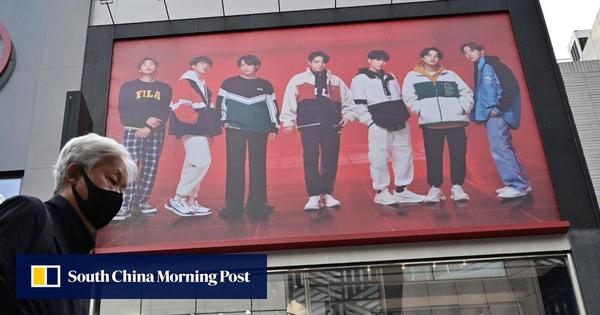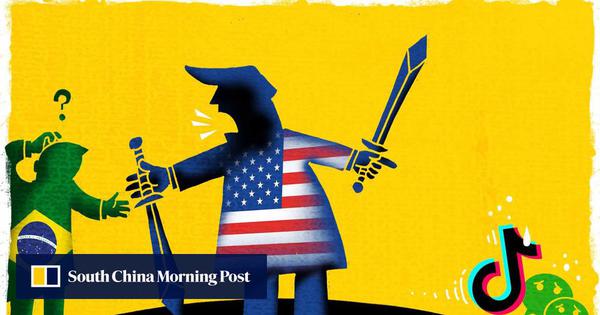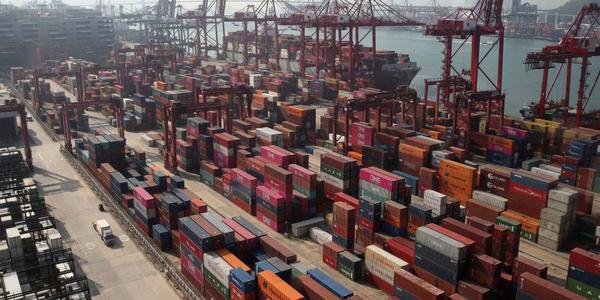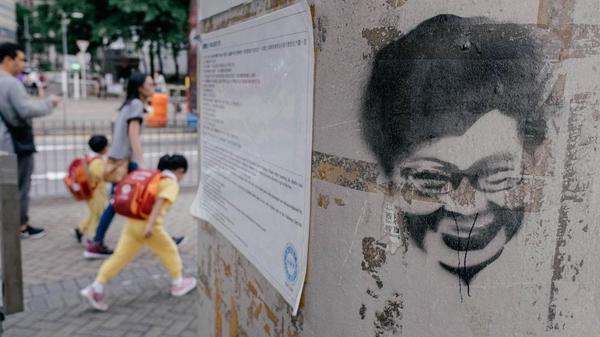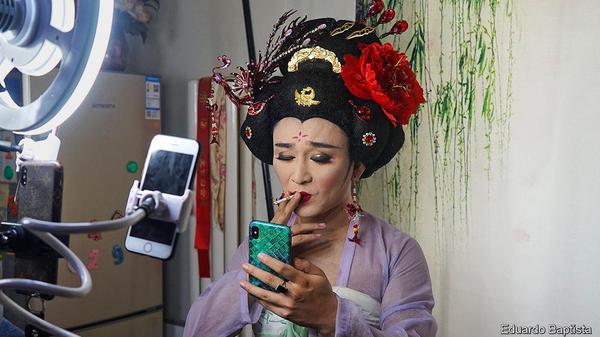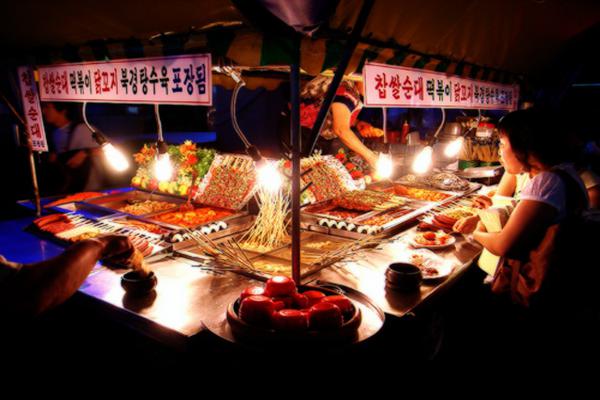What happens when K-pop meets the Communist Party?
K-pop power is prevalent in China but the industry is at the mercy of China-South Korea relations. Here, a man walks past a poster showing K-pop group BTS members at a shopping district in Seoul on October 15, 2020, around the time Chinese netizens became enraged by singer RM’s comments about the Korean war. Photo: AFP
